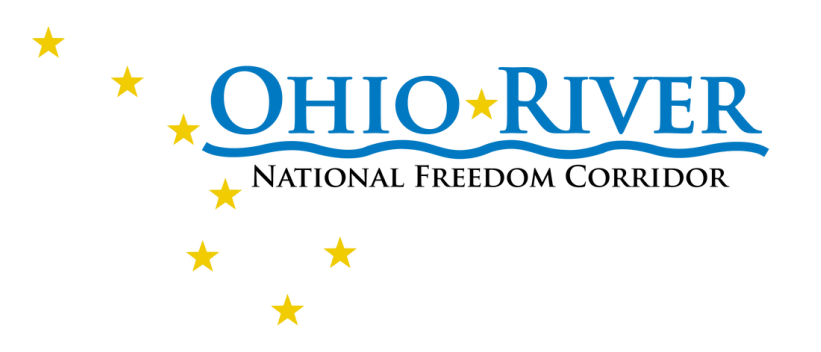Earlham College in Richmond, Indiana will be the site of the 2017 Ohio River National Freedom Corridor (ORNFC) Conference September 29 - October 1. The historic 800-acres campus is the ideal setting for historians, preservationists, students, artists, and others interested in the history of the Underground Railroad to gather for thoughtful discussions and activities.
Earlham was founded in 1847 by a growing community of Quakers who migrated to the Midwest from North Carolina, largely due to their opposition to slavery. In fact, many Quakers spent much of their time or even used their homes to assist freedom seekers escaping North. Among them were Benjamin Stanton, editor of the Free Labor Advocate and Anti-Slavery Chronicle, Dr. Henry H. Way, who treated many escaped slaves that were injured or who had fallen ill, and Levi and Catharine Coffin, whose home was referred to as the “Grand Central Station of the Underground Railroad”.
Earlham was originally a secondary school for Quaker students and became Earlham College in 1857 when the school added college-level classes. In 1865 the school opened it’s doors to non-Quaker students. Today, the private college has approximately 1,031 undergraduate students and is one of the top-ranking liberal arts colleges in the country.
The Friends Collection and Archives at Earlham is a great resource to learn more about of the Quaker community, including their involvement in the abolitionist movement. One of the largest archives related to the Quaker community in the country, their collection includes many documents related to those directly involved in the fight against slavery, including the Levi Coffin Collection. The many of documents were found in the attic of the Levi Coffin House in nearby Fountain City (formerly Newport). Also included in the collection are architectural drawings of the Levi Coffin House, Coffin’s will, and papers belonging to close relatives.
Be a part of the discussion and join us by registering for this year's conference.
Earlham was founded in 1847 by a growing community of Quakers who migrated to the Midwest from North Carolina, largely due to their opposition to slavery. In fact, many Quakers spent much of their time or even used their homes to assist freedom seekers escaping North. Among them were Benjamin Stanton, editor of the Free Labor Advocate and Anti-Slavery Chronicle, Dr. Henry H. Way, who treated many escaped slaves that were injured or who had fallen ill, and Levi and Catharine Coffin, whose home was referred to as the “Grand Central Station of the Underground Railroad”.
Earlham was originally a secondary school for Quaker students and became Earlham College in 1857 when the school added college-level classes. In 1865 the school opened it’s doors to non-Quaker students. Today, the private college has approximately 1,031 undergraduate students and is one of the top-ranking liberal arts colleges in the country.
The Friends Collection and Archives at Earlham is a great resource to learn more about of the Quaker community, including their involvement in the abolitionist movement. One of the largest archives related to the Quaker community in the country, their collection includes many documents related to those directly involved in the fight against slavery, including the Levi Coffin Collection. The many of documents were found in the attic of the Levi Coffin House in nearby Fountain City (formerly Newport). Also included in the collection are architectural drawings of the Levi Coffin House, Coffin’s will, and papers belonging to close relatives.
Be a part of the discussion and join us by registering for this year's conference.

 RSS Feed
RSS Feed